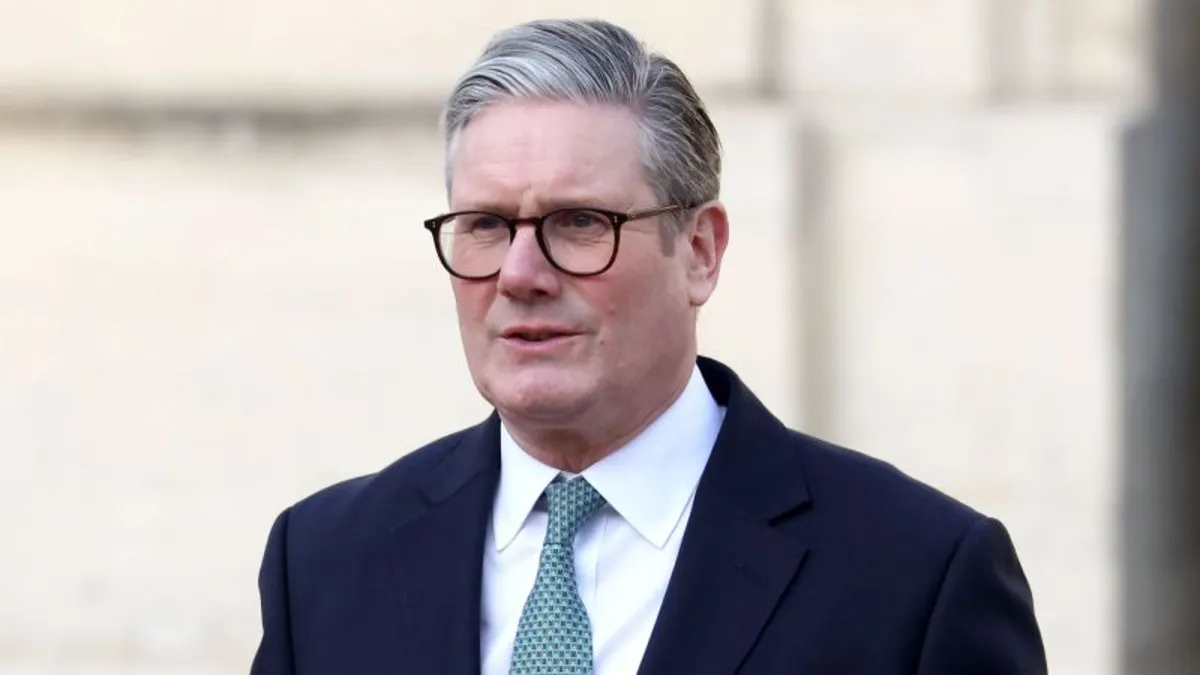
Britain will accelerate an increase in its defense spending, Prime Minister Keir Starmer announced on Tuesday, ahead of a critical visit to meet with US President Donald Trump in Washington. The announcement comes amid growing tensions between Trump and Europe over the future of the war in Ukraine.
Starmer detailed plans to raise military spending from 2.3% of Britain’s GDP to 2.5% by 2027, with a subsequent increase to 2.6% the following year. "We must reject any false choice between our allies. Between one side of the Atlantic or the other. That is against our history, country, and party,” Starmer conveyed to members of parliament. Emphasizing the importance of the UK-US relationship, he stated, “This week when I meet President Trump, I will be clear: I want this relationship to go from strength to strength.”
Starmer also set an ambitious target to increase defense spending to 3% in the next parliament, anticipated to begin by 2029 at the latest. The final goal is contingent upon fiscal conditions at that time. Trump has urged NATO countries to raise their defense spending to 5%, signaling that the US may not continue to uphold Europe’s security in the future.
“This government will begin the biggest sustained increase in defense spending since the end of the Cold War,” Starmer declared to parliament as he outlined these plans.
The increase will be partially funded through a reduction in international development spending, which will decrease from 0.5% of Britain’s GDP to 0.3% in the coming years. “That is not an announcement I am happy to make,” Starmer admitted, adding that the defense increase “can only be funded through hard choices.”
Charities affected by the cuts to international development spending expressed shock and dismay at Starmer’s decision. WaterAid, a charity focused on providing clean water and water systems to those in need, described the move as a “cruel betrayal of people living in poverty globally.”
The CEO of Save The Children UK, Moazzam Malik, stated that the cuts will “make the world a more dangerous place for children now and in the future.” Hannah Bond, co-CEO of ActionAid UK, criticized the cuts as “reckless,” arguing there is “no justification for abandoning the world’s most marginalized time and time again to navigate geopolitical developments.”
“This is a political choice — one with devastating consequences,” Hannah Bond concluded.
Britain’s previous Conservative government had set a goal to reach the 2.5% target on defense spending by 2030. After winning a general election last year, Starmer maintained the goal but initially refrained from setting a specific timeline for its achievement. “Courage is what our own era now demands of us,” Starmer asserted to MPs as he announced the new timeframe for increased defense spending.